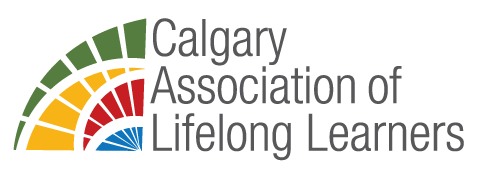End of Life Care Is a Right for All . . . Isn’t It??
Homelessness is a complex social issue. Health outcomes for individuals experiencing homelessness are far worse than for those who live in affordable and stable housing. The multiple stressors of homelessness force people to prioritize meeting their immediate survival needs such as staying safe, finding shelter, acquiring food, and replenishing clothing. Without timely and appropriate treatment, common illnesses become more complex and life-threatening diseases advance unhindered, resulting in increased emergency department visits and hospital admissions. In addition, systemic inequities within the health system contribute to persons who experience structural vulnerability and encounter significant barriers to palliative care, including end-of-life care. Can palliative care and a ‘good death’ ever be truly equitable for all?
Born and raised in Northern Ireland, Dr. Colgan moved to Canada in 2007, first working in BC and now in Alberta. In 2014, shortly after moving to Calgary, he recognized that there are significant inequities in how palliative care is delivered to some of Alberta’s most vulnerable citizens. In response, in 2016 he founded CAMPP (Community Allied Mobile Palliative Partnership). CAMPP is a low threshold, harm reduction focused, mobile palliative program targeting structurally vulnerable persons experiencing homelessness and others vulnerably housed. Working closely in partnership with shelters, homeless sector agencies, Indigenous communities, AHS programs, O’Brien Institute, University of Calgary, and many others to help ensure seamless, equitable care, CAMPP provides advocacy and navigation to people to ensure equity of care and to avoid their slipping through the cracks. It aims to meet people where they are at. Through the success of CAMPP, Dr. Colgan has created a platform to share knowledge across Canada and connect internationally with others to continue promoting and advancing health equity. |
